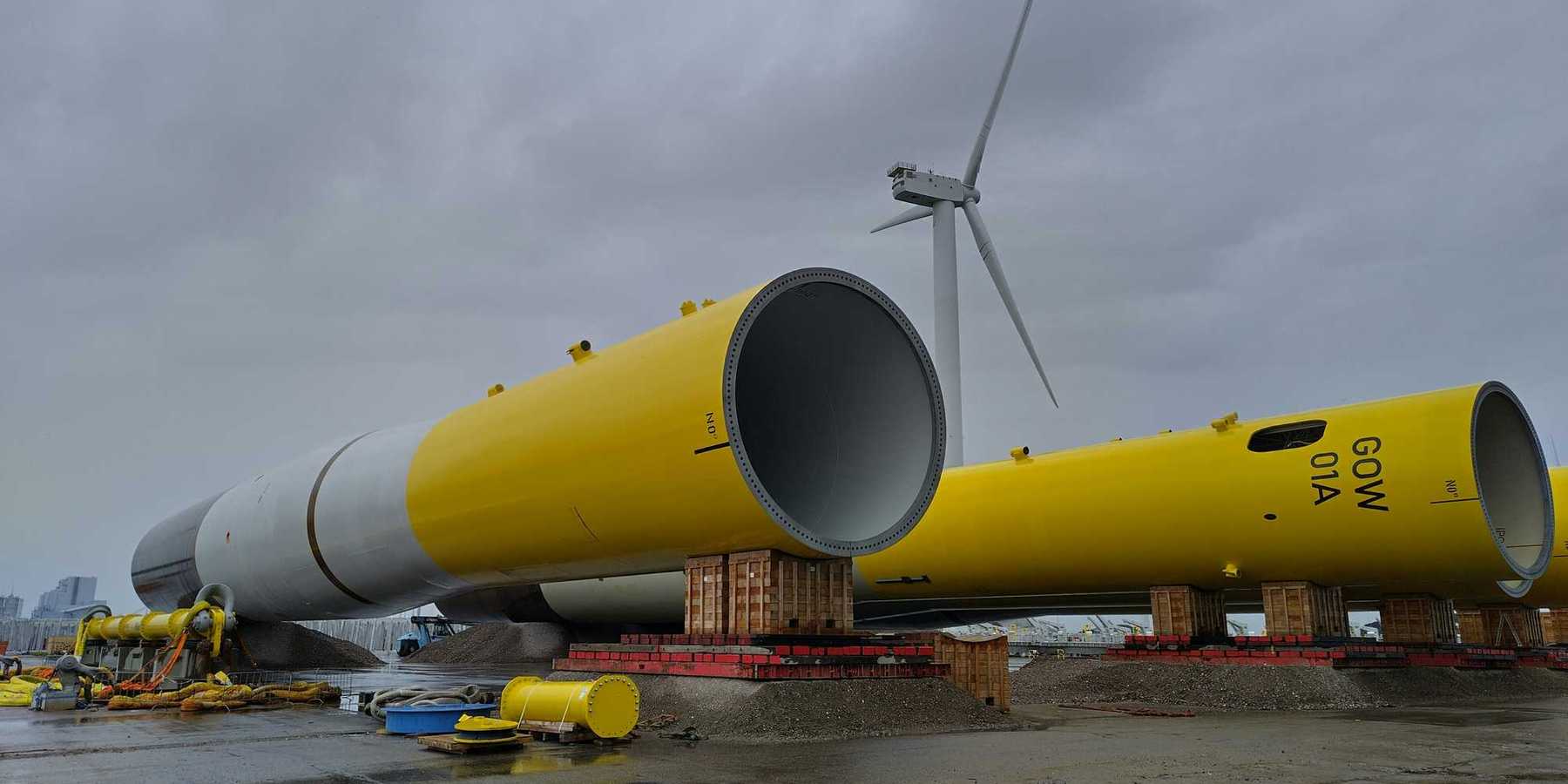16 September 2024
Low water levels disrupt transportation on the Mississippi River
For the third consecutive year, drought in the Midwest is driving down water levels in the Mississippi River, hampering the transport of fuel and grain and pushing businesses to find alternatives.
Kristoffer Tigue reports for Inside Climate News.
In short:
- Drought conditions in the Midwest have lowered Mississippi River water levels since mid-July, causing transportation delays and increased costs for goods like grain and fuel.
- Barge operators are facing rising costs, with barge rates increasing by 57% compared to the three-year average, leading to higher shipping expenses for businesses.
- Climate scientists warn that alternating wet and dry conditions may become more common as climate change affects regional weather patterns.
Key quote:
“This was front and center for us. One of the main things that we talked about were these rapid oscillations … between wet to dry and dry to wet extremes..”
— Aaron Wilson, Ohio’s state climatologist and a professor at Ohio State University
Why this matters:
The Mississippi River plays a crucial role in U.S. agricultural exports. Prolonged disruptions could hurt U.S. farmers, especially soy growers, and allow foreign competitors to gain an advantage in the global market.













